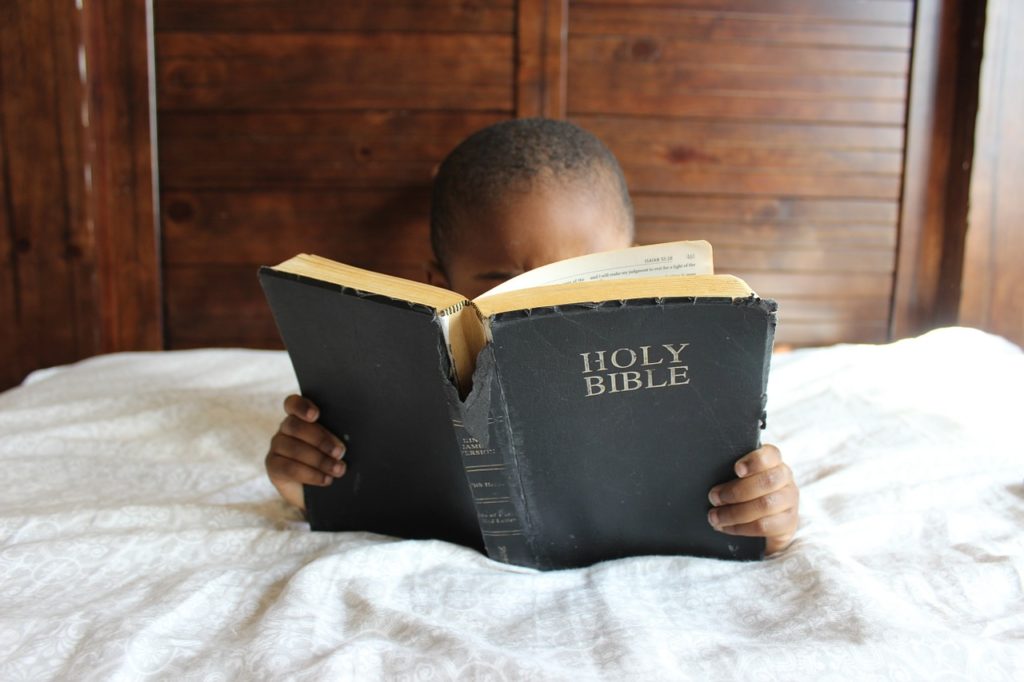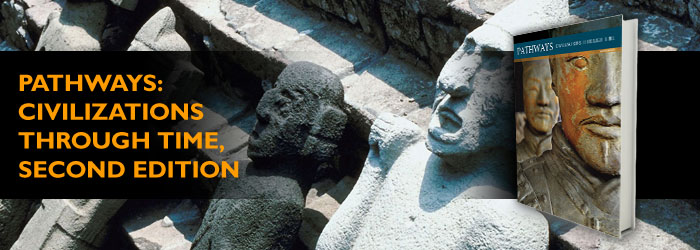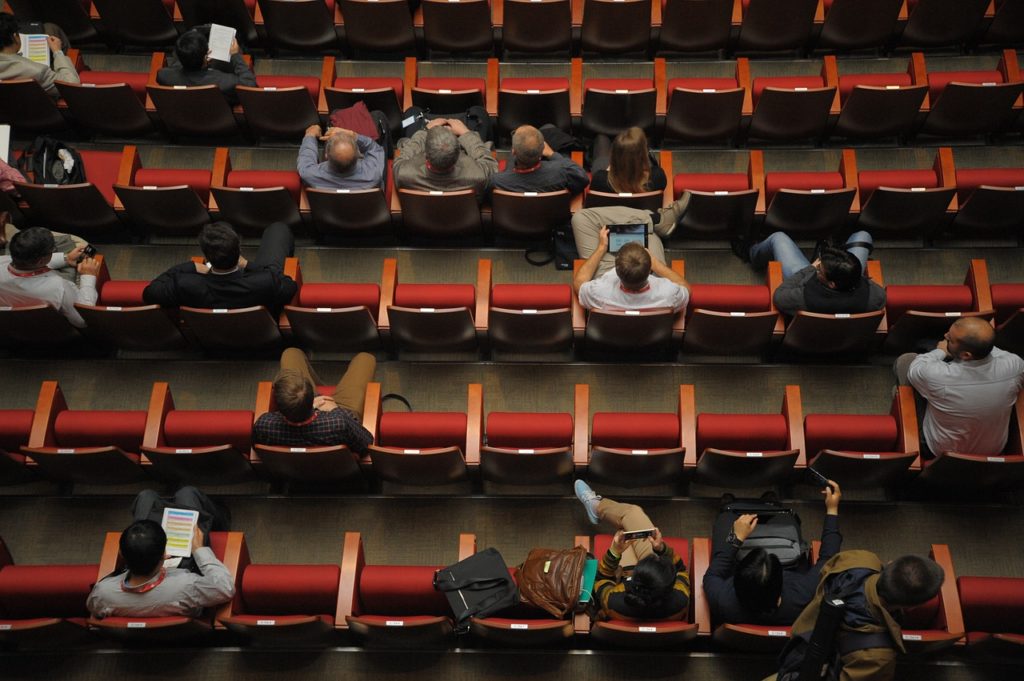
Wokandapix / Pixabay
Education has changed. I’m teaching differently. Student’s are learning differently.
How well do the new approaches to learning and teaching prepare students for university?
Back in the Day
When I first started teaching Literature 12 there were provincial exams. These were content focussed. One of the purposes of the exam was to ensure students were prepared for the rigors of university. There was a prescribed reading list of over 40 literary works from the literary canon extending from Beowulf to a poem by Margaret Atwood. Students were also required to understand over 100 literary terms and devices. Back in those days, I did a lot of talking and students took copious notes.
Given that the exam scores would be used to rank students against other students, schools against other schools, teachers against other teachers, exam performance mattered a great deal on many levels.
So we worked very hard on exam preparation. Students created very detailed study sheets on each of the literary works on the prescribed reading list. These were collated into large packets and students spent hours reviewing this material. At the end of the process, they knew a lot, and my students generally did very well on the Provincial English Literature exam.
“Nowadays”
I still teach Lit 12, but I do so very differently. My class looks much more like a graduate seminar than a lecture hall. Students discuss and unpack the literary works, rather than listen to me tell them what they would notice if they were as smart as I was.
Through this dialogue, students analyze, synthesize, evaluate, propose, inquire, challenge, concede, admire and they connect the ideas they encounter to life and society. After we talk, we write. They use their laptops for this task. Sometimes they journal, other times they write an academic essay or a personal narrative; we mix it up.
My assessment has changed as well. We no longer end the year with an exam. We end the year with presentations–students explore a topic of their choice making connections literature, often beyond the material we worked over the course of the semester.
Are students today as knowledgeable as in the days of yore?
Last year, I dusted off an old provincial exam, one of the same exams for which I used to work so hard to prepare my students. We didn’t review the material in class–students didn’t create review sheets for each other, and they didn’t study for it. I passed it out one day and they wrote it.
I used to mark the Literature 12 exam, so the marks students got on this test were valid. I was surprised that their scores were significantly higher than those of students of similar ability from 2 decades ago. I realize this observation is anecdotal and does not meet the standards of a proper study, but I am convinced of the results.
My students know the literature better now than they did when learning was primarily focussed on content rather than projects and discussions. With the new approach to learning, students are performing better on exams designed to measure university preparedness.
The beauty is, they don’t just know the content–they have a much broader and deeper understanding of the literature than they used to. They can talk about it and bring it into dialogue with other artistic expressions and with life and society. They are better readers and thinkers and moviegoers. Almost all are reporting great success in university classes.
But not all reports are positive. One of my students excitedly entered her Literature course at the local university this fall and dropped it after only a few classes. It was clear to her that, in this particular university class, the study of her favourite high school subject would primarily involve transferring what she heard in a lecture onto an exam paper at the end of the term. There is no doubt in my mind that she could have passed this course with an A. Many of my less gifted students frequently do.
Do modern instructional techniques prepare students for university?
My little experiments show that if students are expected to know the material well, then they are well prepared for university. If their university courses will expect them to be able to analyze and synthesize information and concepts, they are ready. If they are expected to evaluate ideas; to challenge assumptions and be able to recognize a strong argument and concede, they are ready. If they are expected to communicate clearly and effectively, both verbally and in various written forms, they are ready and very well prepared for university.
If, on the other hand, they are expected to passively listen to a professor talk for hours, collecting information and transfer this information onto an examination paper at the end of the term, then perhaps my students are ill-prepared for university.
Does anyone really want me to change my approach to teaching literature?
[click_to_tweet tweet=”If students are expected to passively listen to a professor talk for hours, collecting information that will be transferred onto an examination paper, then students are ill-prepared for university.” quote=”If students are expected to passively listen to a professor talk for hours, collecting information that will be transferred onto an examination paper, then students are ill-prepared for university.”]

 As a teacher with a classroom full of laptops, I had to read the article in my Twitter feed entitled–“
As a teacher with a classroom full of laptops, I had to read the article in my Twitter feed entitled–“



 There are a few other objections to Christian education that I wanted to address directly. The first is that Christian schools shelter children from the real world. The second is that the Bible calls us to be salt and light to the world, and by sending children to a Christian school, we are, in effect, hiding our light under a bushel. And third, Christian education is too expensive.
There are a few other objections to Christian education that I wanted to address directly. The first is that Christian schools shelter children from the real world. The second is that the Bible calls us to be salt and light to the world, and by sending children to a Christian school, we are, in effect, hiding our light under a bushel. And third, Christian education is too expensive.